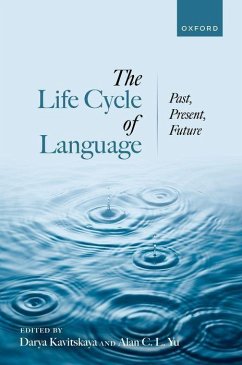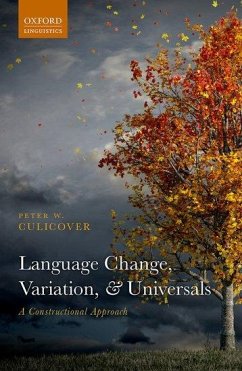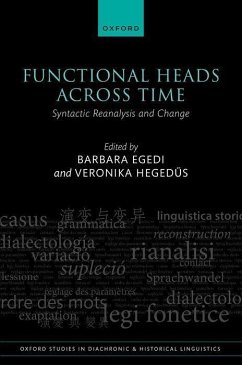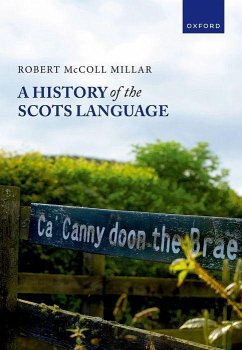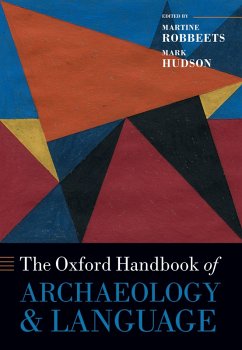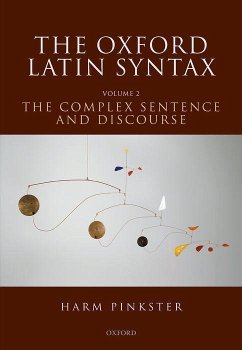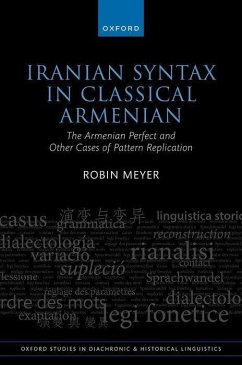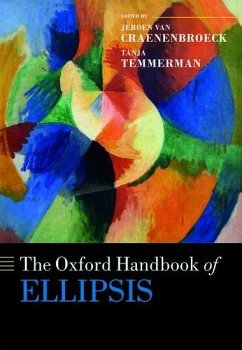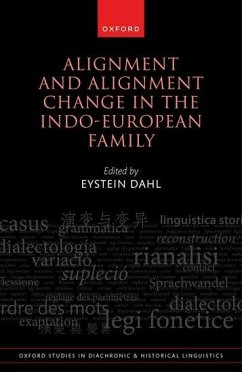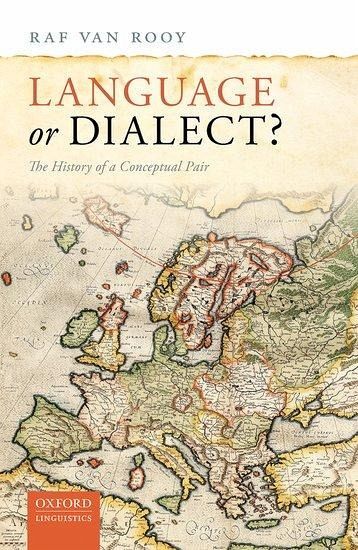
Language or Dialect?
The History of a Conceptual Pair

PAYBACK Punkte
67 °P sammeln!
This book explores the intriguing and complex history of the language/dialect distinction, a puzzle which has long fascinated linguists and laypeople alike. It takes the reader from the prehistory of the distinction in antiquity, through the crucial early modern period, up to the approaches to language and dialect adopted in modern linguistics.




